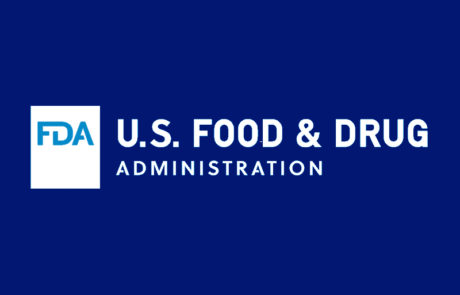
Not Good: Nearly 1 in 3 Drugs Have Safety Issues Even After FDA Approval
By Fiona Macdonald
Despite FDA approval, a third of approved drugs show concerning safety issues during their monitoring period. This shows efficient safety monitoring by the FDA but also raises concerns as to how these drugs were approved in the first place. This is especially common in drugs that have had sped up approval process and particularly in drugs used to treat mental health issues.

E14 and S7B Clinical and Nonclinical Evaluation of QT/QTc Interval Prolongation and Proarrhythmic Potential–Questions and Answers
By FDA
The FDA has released a new draft documentation providing answers to questions based on Proarrhythmic potential evaluation using clinical and non-clinical data to measure QT/QTc interval. The documentation provides guidance on methods to compute hERG safety margin, methods of evaluating QT/QTc and best practice considerations when evaluating drug potency, amongst other guidance.

FDA cautions against use of hydroxychloroquine or chloroquine for COVID-19 outside of the hospital setting or a clinical trial due to risk of heart rhythm problems
By FDA
FDA guidance against use of hydroxychloroquine or chloroquine for COVID-19 outside of the hospital comes as indications of serious safety concerns affecting heart rhythm, blood disorders as well as kidney injury and liver failure are reported. The FDA have therefore revoked their emergency use authorisation of hydroxychloroquine or chloroquine in treatment of COVID-19.

Pediatric Study Plans: Content of and Process for Submitting Initial Pediatric Study Plans and Amended Initial Pediatric Study Plans
By FDA
The FDA has released new guidance on preparation of an initial pediatric study plan in attempts to improve the standard of testing in pediatric populations. This comes as it has previously been found that data on drug labelling is often insufficient to support pediatric use and lacks data in pediatric sub-population.

Tissue-specific genetic features inform prediction of drug side effects in clinical trials
By Aine Duffy et al
The high failure rates of many drug compounds through clinical trials is often due to unexpected side effects and adverse events. This research demonstrates that expression of certain genes confers significantly greater risk of developing side effects. It also provides insight into using PheWAS and eQTL data to provide predictions of these side effects.

Assessing COVID-19-Related Symptoms in Outpatient Adult and Adolescent Subjects in Clinical Trials of Drugs and Biological Products for COVID-19 Prevention or Treatment
By FDA
The FDA have released a final document to address the COVID-19 public health emergency by providing guidance on how common COVID-19 symptoms can be measured in a clinical trial setting and using these measurements to analyse effects of drug treatments on currently infected adults and adolescents.

Drug-Drug Interaction Assessment for Therapeutic Proteins Guidance for Industry
By FDA
The FDA releases new draft guidance to aid sponsors in producing INDs and BLAs to express the need fpr drug-drug interaction studies in a risk-based approach. The document provides guidance on therapeutic proteins and possible drug-drug interactions with small molecules and other co-administered drugs.

An Open Letter from Pfizer Chairman and CEO Albert Bourla
As we get closer to an important data readout from our COVID-19 vaccine program, I wanted to speak directly to the billions of people, millions of businesses and hundreds of governments around the world that are investing their hopes in a safe and effective COVID-19 vaccine to overcome this pandemic…
